Can we all agree that it is time to retire the phrase “traveling like a local”? If I had a nickel for every time I overheard someone say it, I would be rich enough to become a local in 5 of my favorite cities.
Unfortunately, I don’t think anyone truly understands what they are asking for when they utter those words. The cliche gets thrown around by novice tourists & experienced travelers alike, and innocent bystanders just casually bob their heads in agreement like it’s not a ludicrous thing to request.
For a long time, I bit my tongue. I never asked anyone to explain themselves. I figured uttering “I want to travel like a local” was just a snobby way of saying “I want to avoid the first five options on the Top 10 Things To Do Here list I found on the internet”.
Alas, I simply cannot take it anymore. Today, I declare that “traveling like a local” is a myth and should be stricken from your vocabulary entirely.
What exactly does “traveling like a local” mean?
Who are the “locals” that we all want to emulate? Local populations are far from homogenous. Some locals you meet rich, some are poor, and most are somewhere in the middle. Vacationers eat out for most of their meals, but I can guarantee that most locals you encounter aren’t hopping between fancy restaurants every night. Does “traveling like a local” mean skipping restaurant meals in favor of wallet-friendly family dinners & the occasional fast food run? If I ate at home the same way I plan my meals while on vacation, I wouldn’t have any money leftover to travel!
Let me also point out the obvious: the phrase “traveling like a local” is a contradiction.
Locals have no need to travel in their hometown. When I’m at home, I don’t think of myself as “traveling” to the other side of town in search of my favorite hole-in-the-wall restaurant; it’s just commuting, and commuting is hardly an exciting thing to think about.
Semantics aside, I think we can all agree that anyone who utters those cursed words is simply trying to say that they don’t want to be perceived by others as a tourist.
Here’s why that fantasy doesn’t work for most travelers.
Imagine a random stranger knocked on your door and asked you to give them recommendations for your hometown.
“Don’t just give me a list of the normal touristy things. I like traveling like a local!” they say.
So how would you respond? You could list off a handful of your own favorite restaurants/bars or even name a couple entertainment venues that you have visited in the past. Maybe you have a favorite park nearby that is great for hiking or a local farmers market that can keep someone entertained for a morning.
You might shy away from recommending any sight-seeing because, well, it’s not something you do often as a local. Isn’t seeing the sights part of traveling to a new destination, though? Tourists can’t visit Washington D.C. without posing in front of monuments or San Francisco without snapping a picture of the Golden Gate Bridge, but you won’t find many locals routinely checking out those spots. Does “traveling like a local” mean avoiding iconic backdrops like New Orleans’ Bourbon Street or L.A.’s Griffith Observatory simply because they are overrun by out-of-towners?
What else do you regularly do in your city that a tourist would actually be interested in? I can promise you that they aren’t as excited about that new Trader Joe’s that just opened around the corner as you might be. After all, the day-to-day routine of any person is far from interesting. Living like a local in my hometown involves commuting to work & running errands. On my most exciting days, I might be meeting up with mates for happy hour or riding my bike on the local streets. I’m sure some tourists might appreciate this type of experience, but I certainly don’t think that my local routine is enough to flesh out a vacation itinerary.
Tourists want to travel without being labeled a tourist
Show me someone who wants to “travel like a local”, and I’ll show you someone who actually just wants to feel more immersed in their new surroundings. While we find the rare tourist who wants no part in interacting with others at all, the vast majority of travelers we come across are hungry for that immersive experience.
Admittedly, the aim is admirable. The desire to engrain oneself into your surroundings is natural for anyone who has traveled enough: shared human experiences are incredibly rewarding. I applaud any traveler who makes the effort to actually interact with the local population (as opposed to treating them as zoo animals to be gawked at from afar).
So what does that mean for the average traveler? Let’s agree that “traveling like a local” is simply unattainable, but focus instead on downplaying the touristy aspects of our travel.
Lets use my first weekend in Paris as an example. I was afraid that dedicating a night to seeing the Eiffel Tower would lead me towards an unfulfilling tourist trap, but could I even say I went to Paris if I didn’t get a little wine drunk under the tower?
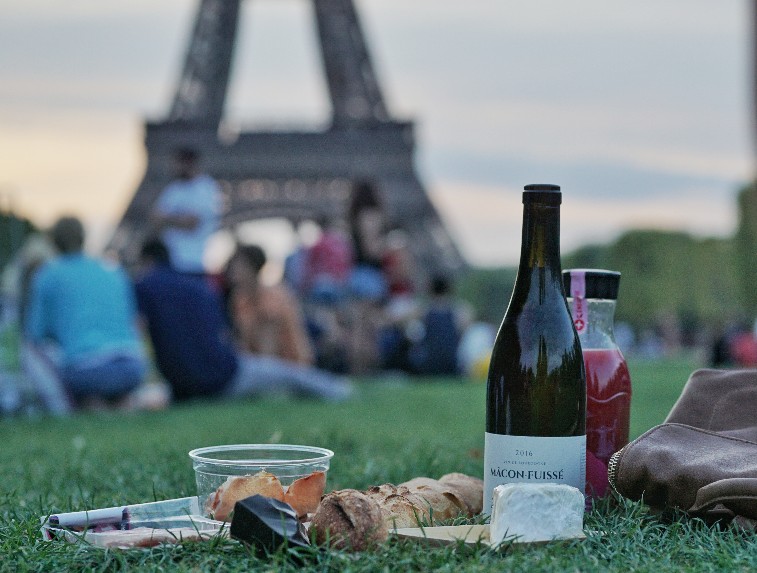
Instead of opting for the hop-on-hop-off bus tickets or paying for an elevator ride to the observatory deck, we walked 7km along the Seine and stopped at markets along the way to pick up wine, cheese, and bread for our picnic under the Eiffel Tower. We were still doing a touristy activity, but we had a chance to experience Paris at a slower pace while practicing our (admittedly terrible) French with local merchants and other tourists we met along the way. No Parisian would have mistaken us for locals, but we still felt like we weren’t announcing to the world that we were needy tourists demanding special treatment.
That’s the important takeaway: anyone who asks to “travel like a local” knows that it is an impossible task. What they are truly after is a feeling of acceptance and not being labeled as an uncultured tourist. Sure, finding that awesome hole-in-the-wall restaurant will help you feel like you discovered a local secret, but there’s a lot more you can do to avoid giving off a tourist vibe.
How you can avoid looking like a tourist
There is plenty that you can do to look touristy no matter how far from home you go. Thankfully, much of it is incredibly simple to implement and requires nothing more than a mindset shift & thoughtful packing.
BeyouEven if you managed to wear & carry only the things that the locals wear, you still have to come to terms with how you look & speak.
How to look less touristy
When it comes to blending into a local population, there are a number of things to consider.
Let’s start with your travel accessories. Walking around with wheeled luggage or an oversized backpacker bag instantly announces that you’re not a local. Traveling with a smaller, less conspicuous backpack might help you blend in with the crowd. Not all travel backpacks are built the same, but traveling with a professional-looking laptop backpack (as opposed to a bright hiking backpack) might work in your favor.
Keep in mind that your bag isn’t the only travel accessory that could give you away. Think about how many travel items you have been convinced to pack on every trip. Items like visible money belts, ID/wallet lanyards, and camera totes all scream “I’m a tourist!” when exploring around popular areas. If you value blending in, consider paring down your accessories.
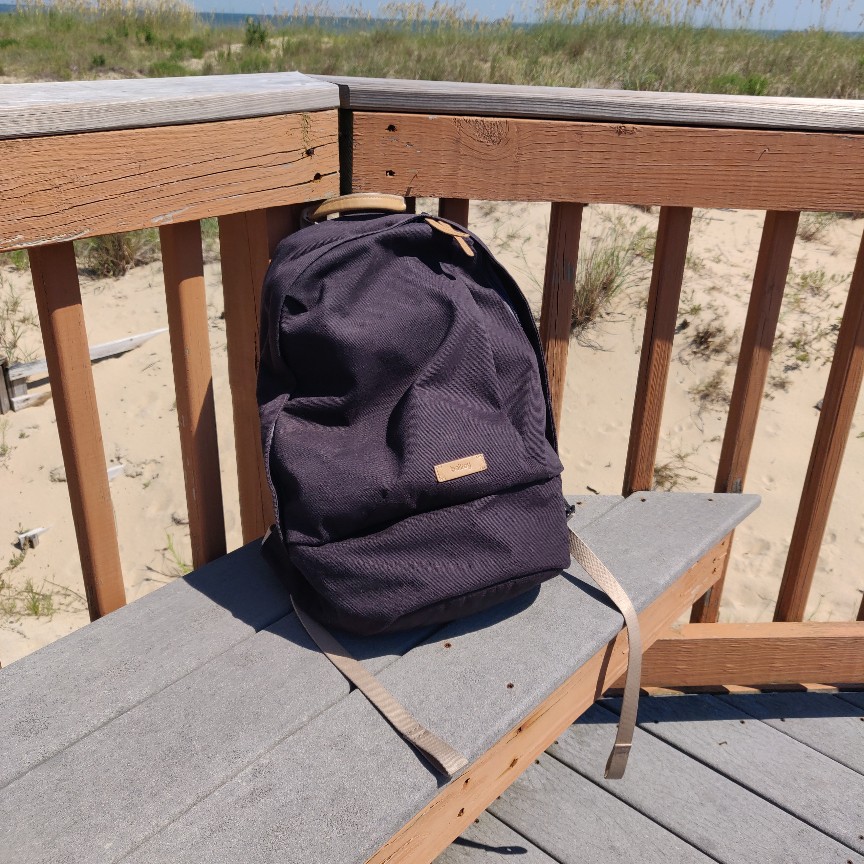
Your clothing is important to consider as well. Whoever told you that wearing Hawaiian shirts just because you are on vacation was just plain wrong. Packing your outfits based on your trip itinerary & destination’s culture goes a long way (especially if blending in with the local population is important to you).
Think about what you would normally wear or carry with you while exploring your own city. Is it pretty similar? Great! If not, think about why you have convinced yourself that you need to look differently while traveling.
Do:
- Bring an subtle bag or backpack
- Pack appropriate outfits for the events & places you plan on going
Don’t:
- Wear items that easily identify you as a tourist
- Drag around massive wheeled luggage everywhere you go
- Be fooled into buying a new wardrobe just for traveling
How to act less touristy
Ready to do some research on local practices & traditions? You might be surprised how useful a little Googling can be before your next flight.
One area that my fellow Americans (myself included) could really work on is figuring out languages. Most of us grew up under the pretense that English is the only language we will ever need to be successful. Thus, our minimal schooling in the area of foreign languages never really stuck in our brains. You probably won’t master a new language before every trip, but I implore you to learn basic phrases and numbers to at least make an effort at communicating with people on your trip. How can anyone expect to travel like a local in Madrid without knowing a lick of Spanish? I promise that your waiter will treat you with more respect if you can avoid barking orders in English.
Let’s dig a bit deeper into dining. Seems simple enough, right? A normal person does this every single day of their waking life. Now raise your hand if you have ever visited a noodle house with someone who needs a fork because they never bothered to practice with chopsticks. How many of us have dined in another country only to be left guessing whether or not tipping is required when the bill arrives? Doing a bit of research before you sit down for your next meal will absolutely help you look like less of a bumbling tourist.
Make an effort to learn local practices to avoid looking like an oblivious tourist, and definitely don’t expect those customs to be changed simply because you are not familiar with them. That means expecting kisses on the cheeks as greetings in Latin America, eating later-than-usual dinners in Spain, and enjoying fries with mayonnaise instead of ketchup in the Netherlands.
Do:
- Research how to use the local public transit system
- Look up local customs & traditions
- Learn basic phrases if you must rely on a foreign language
Don’t:
- Expect locals to cater to your every need
- Force your own assumptions on others
How to avoid tourist traps
Avoiding tourist traps is a badge of honor for many travelers. Being able to tell people that you avoided an otherwise popular spot is a strangely alluring idea for many tourists.
However, it can be much harder to do so in person. Anyone who has visited Dublin has likely experienced Temple Bar, yet most Dubliners will tell you that bar district is to be avoided at all cost. Even when armed with that knowledge, I can promise you that travelers will continue flocking to Temple Bar’s overpriced pints & cheesy pubs. Are they wrong for disagreeing with the locals?
Dublin’s Temple Bar isn’t the only place that elicits such polarizing views. Locals wouldn’t dare step foot in the tourist trap restaurants on Fisherman’s Wharf in San Francisco or along the Las Vegas Strip, so why should you? These places do one thing exceptionally well: they give tourists an easily accessible (and slightly caricatured) experience in a convenient location. You can find better-tasting & reasonably priced seafood elsewhere in San Francisco, but those establishments won’t be walking distance to other tourist attractions like the Alcatraz boat tours or the cable car turnaround.
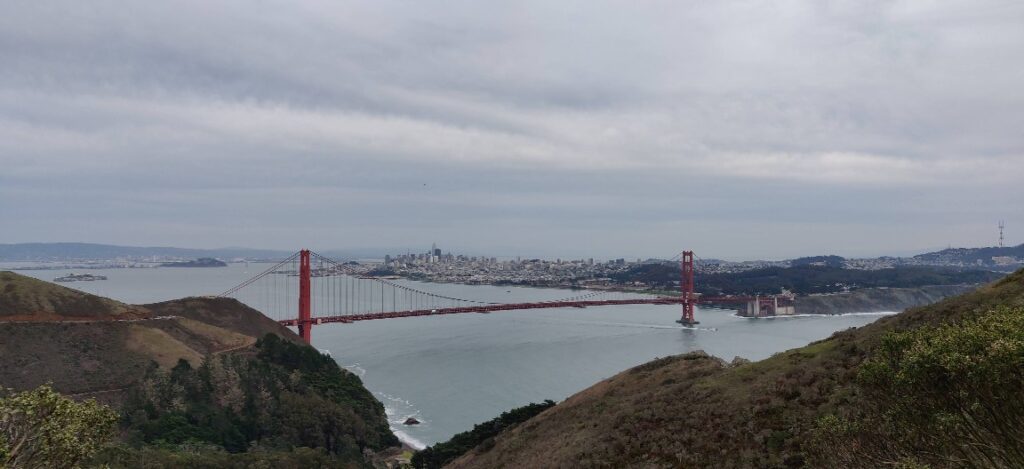
You need a game plan if you want to avoid tourist traps. Want to find the best food in a city? Be intentional about planning around your dining destinations instead of taking a laissez-faire approach to meals while on the road. Half of the people who stumble into tourist trap restaurants are unknowing captive audiences who realize they need food while visiting nearby tourist attractions.
Do:
- Plan out your points of interest
- Research fair prices of common goods to know if you are being ripped off
- Use online resources to understand what to expect when arriving at a new attraction
Don’t:
- Forget to account for transit/parking time when planning your itinerary
Final Thoughts
At the very least, I am simply asking you to stop & think the next time these words pop in your head. What outcome are you hoping for?
If the answer to that question is that you want to avoid all of the luxuries associated with vacationing, then you may truly desire traveling like a local.
For the vast majority of us who are traveling to new destinations, that simply isn’t the case. Let’s all just admit that we hate being labelled as tourists and are desperate to prove that we are more enlightened than it may appear. Thankfully, there are some very easy ways to accomplish this on your next trip.
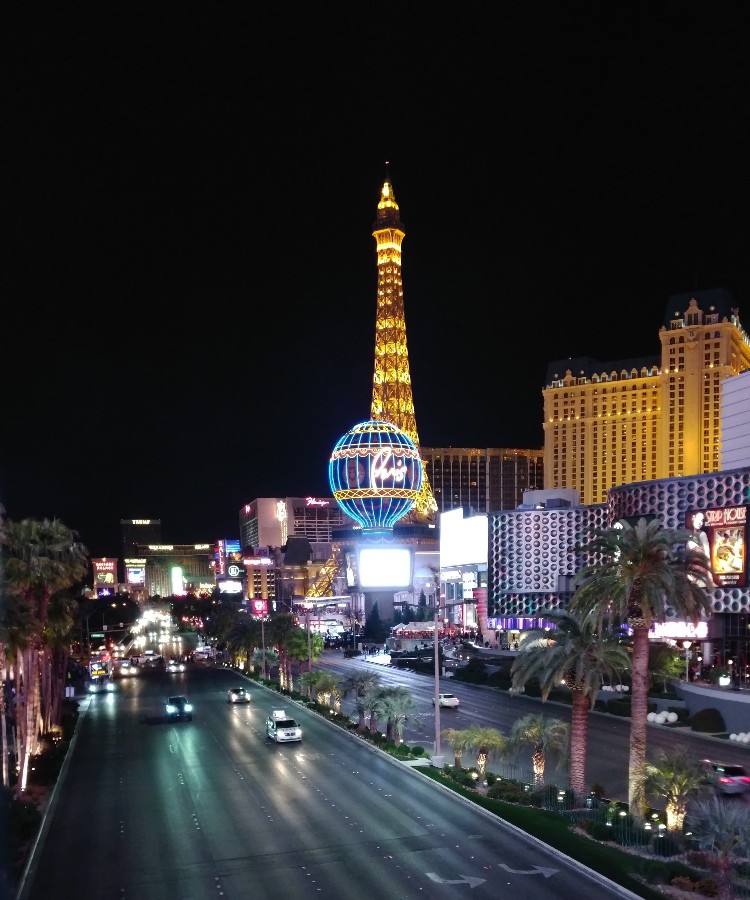



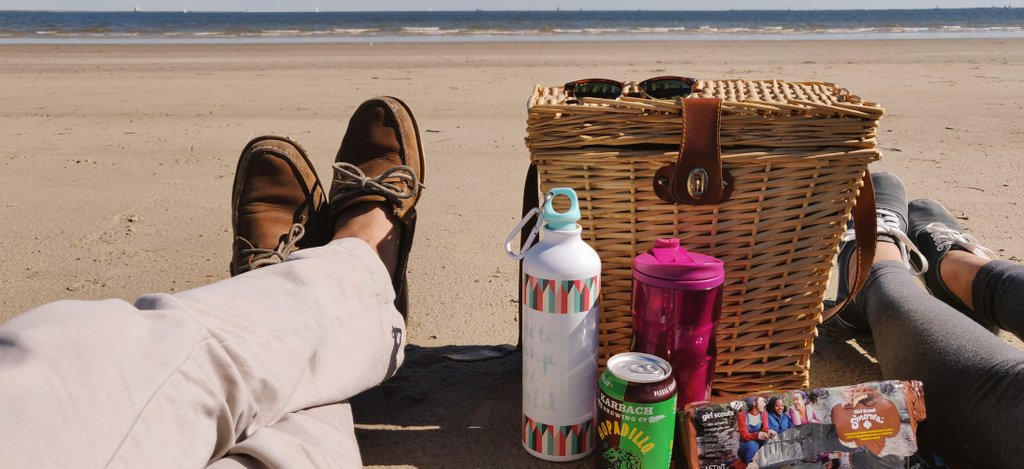
I actually try to do the touristy stuff in each city I’ve lived in–highly recommended to everyone for something fun to do and an entirely different perspective on wherever you’re calling home.
That said, I cannot agree more that you cannot travel “like a local.” I’d even say that many people who may live locally may not feel like they are “living like the locals.” If that’s the case… then you really can’t claim to travel like one.
What do I mean? I mean that for many people, moving to a different country or even a place really far from home can make you always feel like an outsider. Many people live in another country for years–even decades–and never feel fully integrated.
Great post and perspective!